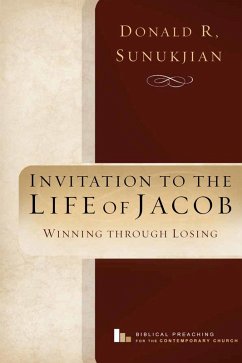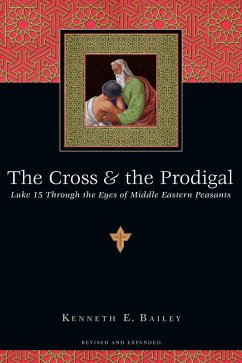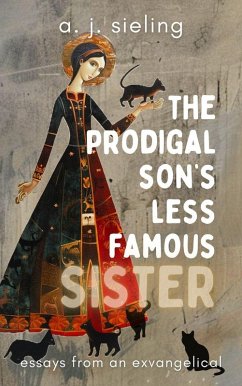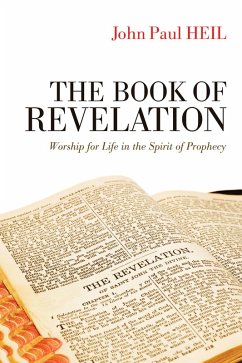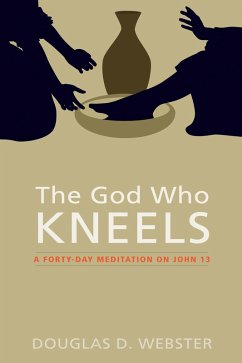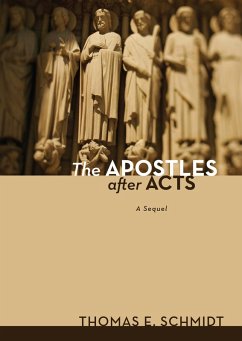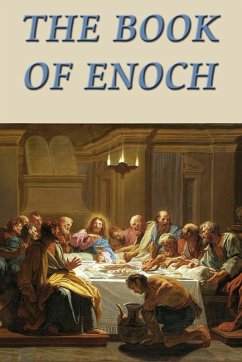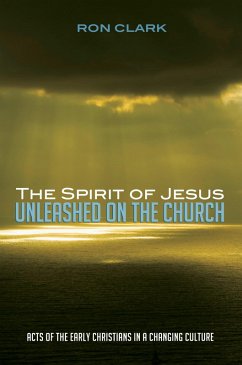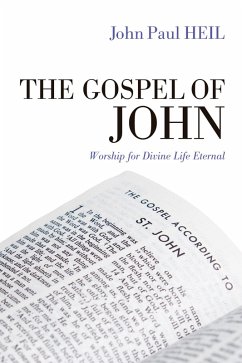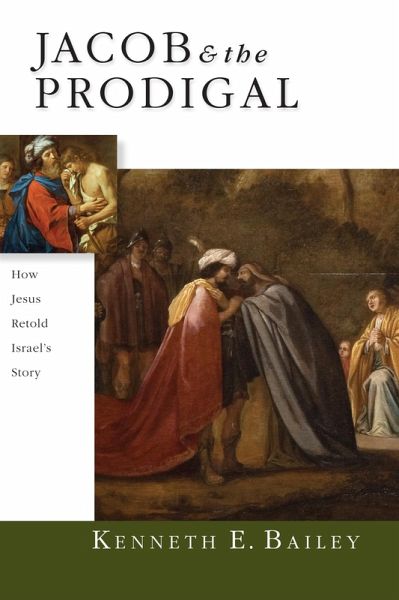
Jacob & the Prodigal (eBook, ePUB)

PAYBACK Punkte
13 °P sammeln!
Israel, the community to which Jesus belonged, took its name from their patriarch Jacob. His story of exile and return was their story as well.In the well-known tale of the prodigal son, Jesus reshaped the story in his own way and for his own purposes. In this work, Kenneth E. Bailey compares the Old Testament saga and the New Testament parable. He unpacks similarities freighted with theological significance and differences that often reveal Jesus' particular purposes. Drawing on a lifetime of study in both Middle Eastern culture and the Gospels, Bailey offers here a fresh view of how Jesus in...
Israel, the community to which Jesus belonged, took its name from their patriarch Jacob. His story of exile and return was their story as well.In the well-known tale of the prodigal son, Jesus reshaped the story in his own way and for his own purposes. In this work, Kenneth E. Bailey compares the Old Testament saga and the New Testament parable. He unpacks similarities freighted with theological significance and differences that often reveal Jesus' particular purposes. Drawing on a lifetime of study in both Middle Eastern culture and the Gospels, Bailey offers here a fresh view of how Jesus interpreted Israel's past, his present and their future.
Dieser Download kann aus rechtlichen Gründen nur mit Rechnungsadresse in A, B, BG, CY, CZ, D, DK, EW, E, FIN, F, GR, HR, H, IRL, I, LT, L, LR, M, NL, PL, P, R, S, SLO, SK ausgeliefert werden.




